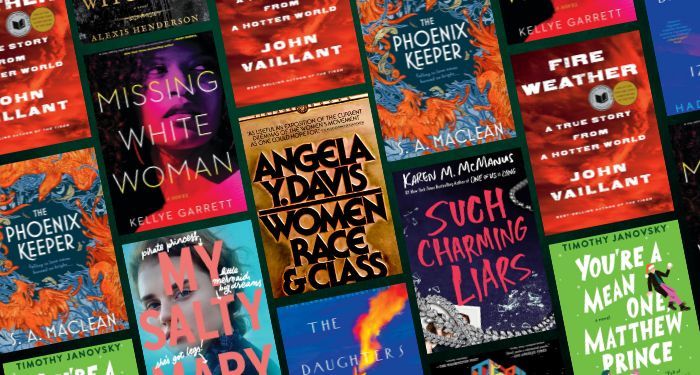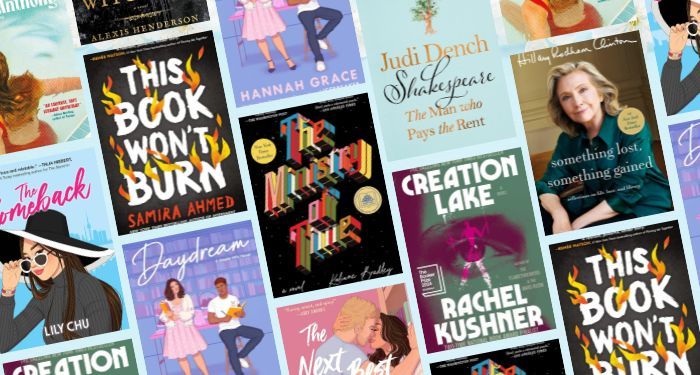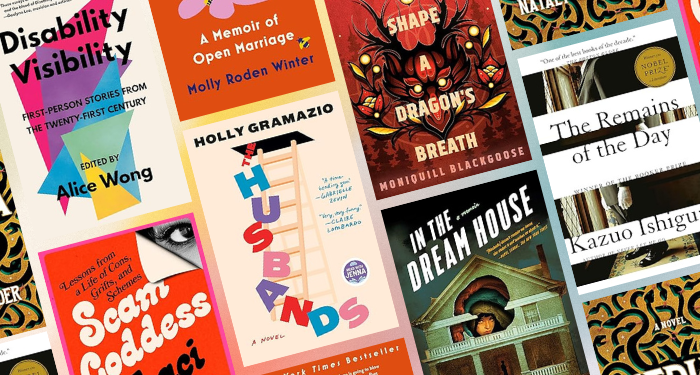8 of the Best Perimenopause Books
This content contains affiliate links. When you buy through these links, we may earn an affiliate commission.
Perimenopause — the time leading up to the menopause, when hormone levels are changing and the body is gearing up to stop ovulation and periods — can be an incredibly difficult time. For some people, the process lasts a few months, while for others, it can go on for years. Like many aspects of gynaecological health, it’s underfunded and underresearched, and people going through perimenopause are often encouraged to just power through instead of receiving any useful help.
Luckily, in recent years, there have been a number of perimenopause books published aimed at helping people who are going through perimenopause, or who are coming up to this point in their lives. Authors who have been through perimenopause and who, in many cases, have also worked in gynaecological healthcare have put their knowledge and experience down in books that will demystify the perimenopausal process. While many of these books are centred around cis women, there are also some that take a broader approach to menopause and include trans men and nonbinary people who have periods. Sometimes funny, always informative, these books will help all readers learn about what happens during perimenopause, what to expect, and the best way of dealing with the physical and emotional symptoms that come with this disruptive period (pun intended) in your life.
Before we dive in: while there are some books on perimenopause by authors of colour, this is still an area of publishing where the focus is mainly on work by white women. However, there are several non-book resources by women of colour on perimenopause and menopause, including the Black Women in Menopause account and the work of Dr Nighat Arif. Feminist author Mona Eltahawy is also working on a book on Unbound, which features perimenopause and menopause writing by a fantastic cohort of authors.
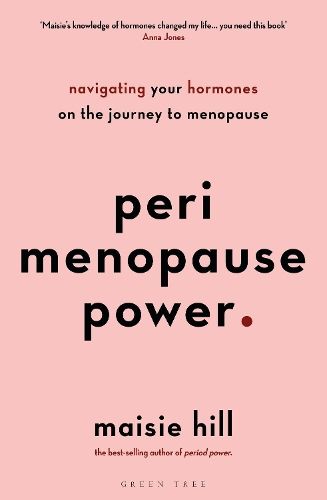

Perimenopause Power by Maisie Hill
Maisie Hill is the author of Period Power, and her new book, Perimenopause Power, takes the same inclusive approach to gynaecological health. This time, Hill looks at the process of perimenopause, describing what people approaching the menopause can expect and the best way to manage the symptoms. Straightforward and reassuring, Perimenopause Power brings understanding to a difficult time.
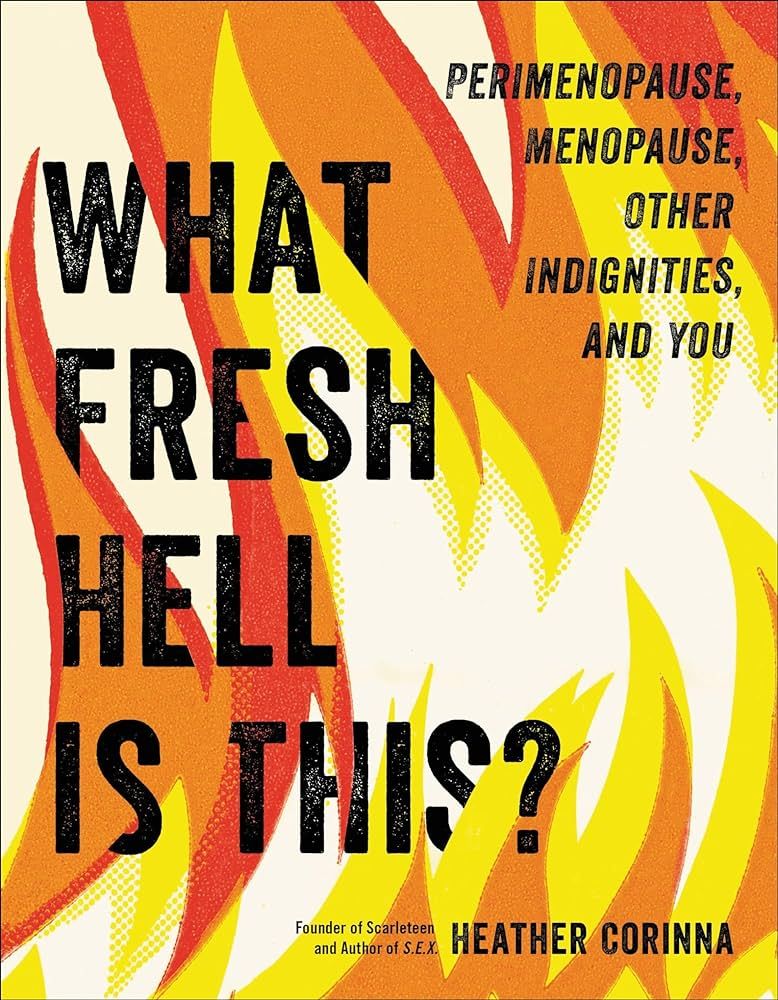

What Fresh Hell Is This? by Heather Corinna
Another fully inclusive resource on perimenopause and menopause, What Fresh Hell Is This? by author and sex educator Heather Corinna is an invaluable look at hormonal changes and the symptoms that come with menopause. The book also includes perspectives from a wide range of writers who have been through, or are going through, perimenopause, such as Mona Eltahawy and Soraya Chemaly. In addition to working through perimenopause in a way that is inclusive and respectful of trans men and AFAB nonbinary people, What Fresh Hell Is This? also includes guidance for trans women and AMAB nonbinary people who may experience hormonal changes similar to perimenopause.
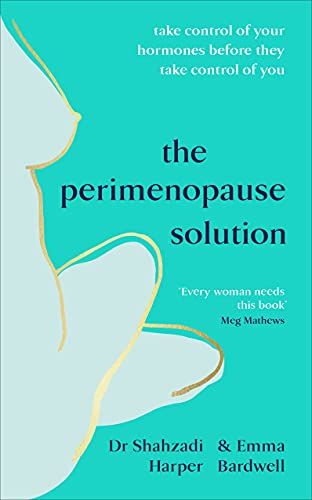

The Perimenopause Solution by Dr Shahzadi Harper and Emma Bardwell
The symptoms of perimenopause can be life-upending, something made even more difficult by the fact that many people going through this stage don’t realise what is happening with their hormones. In The Perimenopause Solution, gynaecological health specialist Dr Shahzadi Harper and nutritionist Emma Bardwell offer approaches to managing perimenopause symptoms and working through the changes.
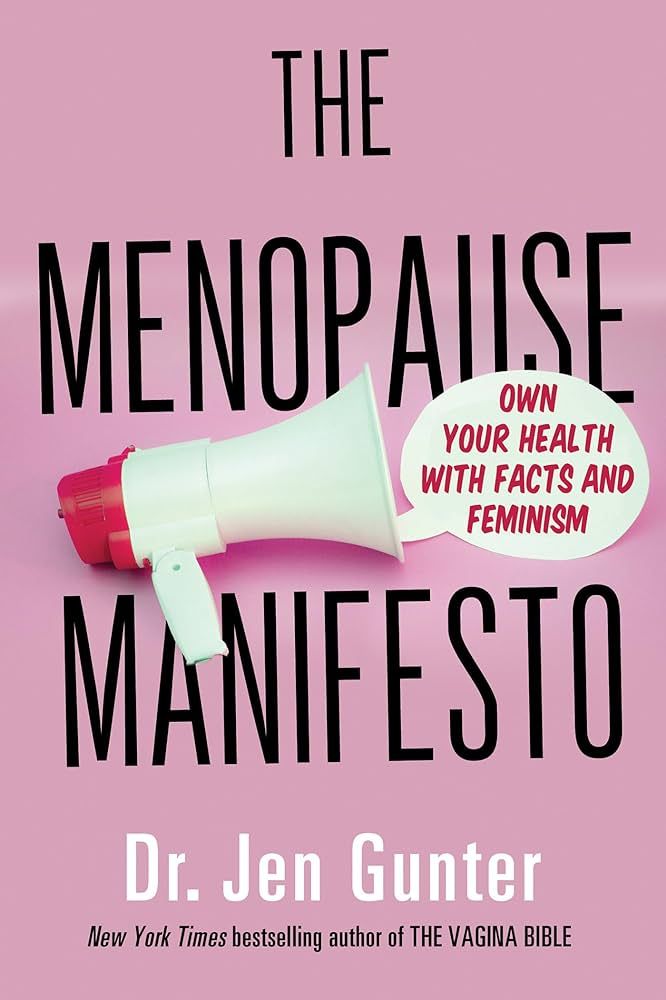

The Menopause Manifesto by Dr. Jen Gunter
You might know Dr. Jen Gunter for her expert debunking of medical misinformation on social media, and her frankness and humour shine through in this book. The Menopause Manifesto tackles sexist myths about perimenopause and the hormonal changes people go through at this time, explaining the physical and mental changes that may occur and potential ways to cope with the process.
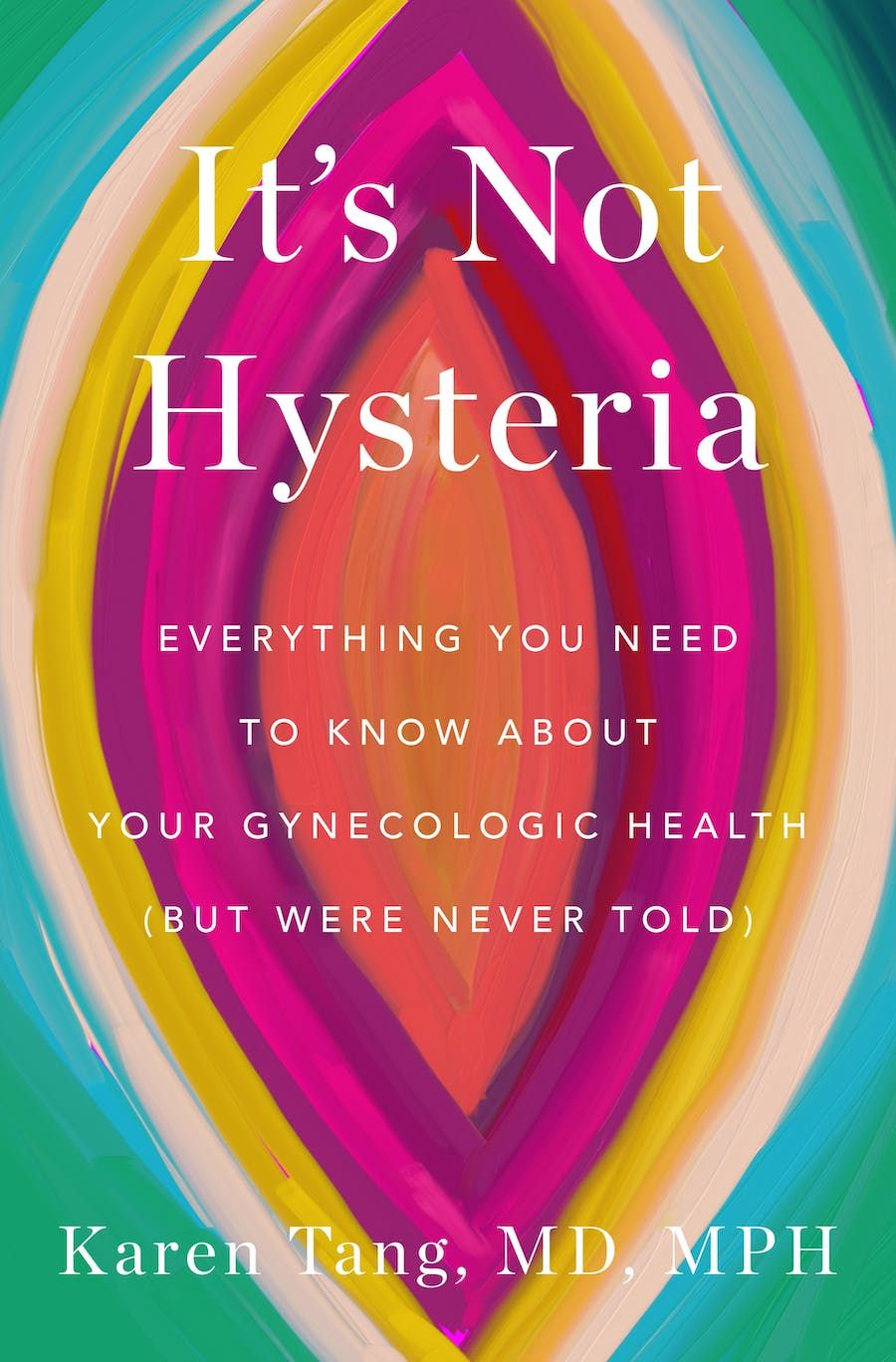

It’s Not Hysteria by Dr. Karen Tang
A broader look at gynaecological processes and conditions, It’s Not Hysteria is a reassuring, straightforward guide to experiences such as perimenopause, puberty and periods, as well as health issues such as endometriosis and fibroids. Dr Tang takes an intersectional, inclusive approach, and calls for a change in the way gynaecological issues are dealt with by the medical community at large.
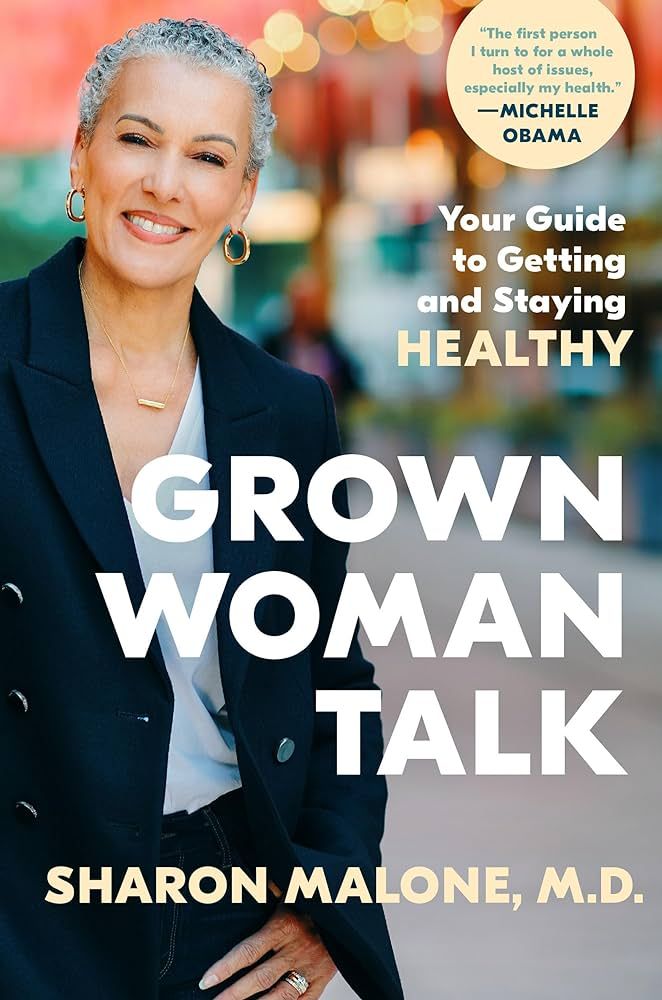

Grown Woman Talk by Dr. Sharon Malone
In Grown Woman Talk, Dr. Sharon Malone challenges the medical marginalisation of women — particularly Black women — and provides guidance on how to advocate for your health. While the book covers a broad spectrum of gynaecological health issues, it’s a useful read for anyone looking for perspectives on menopause and perimenopause.
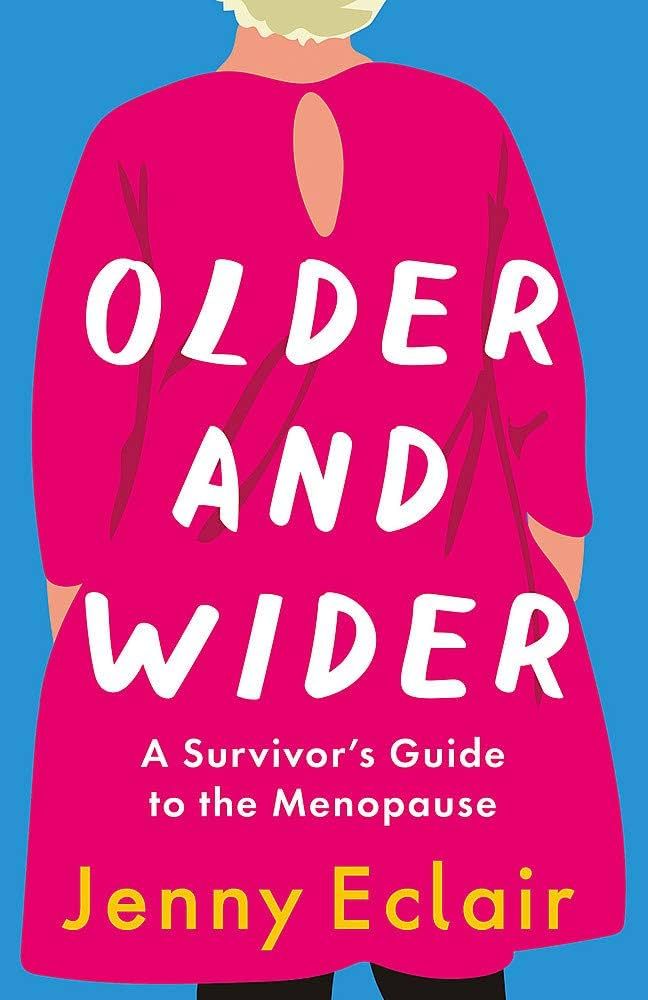

Older and Wider by Jenny Eclair
While books with a medical focus are useful, menopause memoirs can also be a great place to find support and realise that you’re not alone. In Older and Wider, comedian Jenny Eclair writes about her own experience of the menopause, finding a laugh even in the most difficult and frustrating parts of this time.
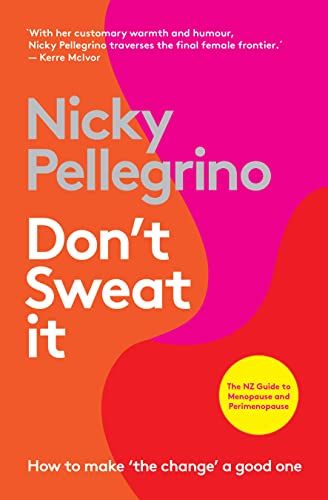

Don’t Sweat It by Nicky Pellegrino
Another excellent guide explaining the changes that come with menopause and perimenopause — Don’t Sweat It takes a look at everything from anxiety to libido. Don’t Sweat It discusses what people going through perimenopause can expect, and how to deal with the symptoms so they don’t intrude on your life.
You may also want to check out these menopause books, which include some of the same titles I’ve highlighted here and other helpful books focused on menopause. You can also read up about bias against women in healthcare as well as inequity and misogyny in medicine.


